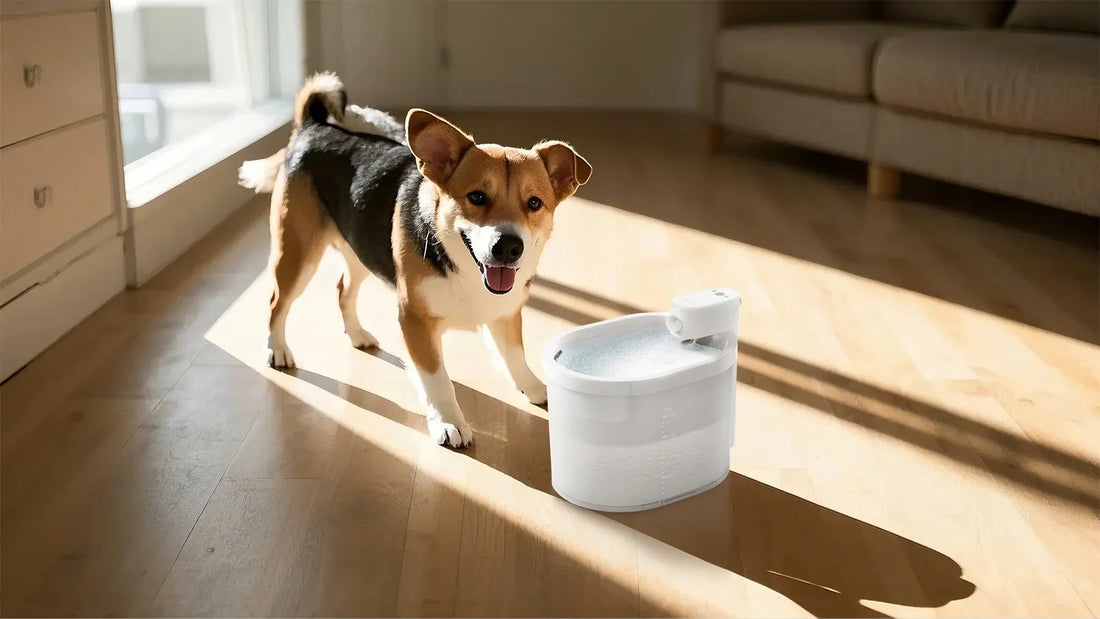Cat dandruff can be a frustrating issue for pet owners, but the good news is that you don't need to subject your feline friend to a stressful bath to address it. With the right approach, you can effectively manage and eliminate cat dandruff, ensuring your cat's coat remains healthy and shiny. Here are some proven methods to help you get rid of cat dandruff without a bath.
Understanding Cat Dandruff
Before diving into solutions, it's essential to understand what causes cat dandruff. Dandruff in cats is often the result of dry skin, which can be triggered by various factors such as low humidity, poor diet, or underlying health conditions. In some cases, dandruff may also be a sign of skin infections or parasites. Identifying the root cause is the first step in effectively managing the issue.
Regular Brushing
One of the simplest and most effective ways to combat cat dandruff is through regular brushing. Brushing helps remove dead skin cells and distribute natural oils throughout your cat's coat, which can prevent dryness and flakiness. Use a soft-bristle brush or a grooming glove to gently brush your cat's fur. Aim to brush your cat at least a few times a week, or more frequently if they have a long coat.
Hydration and Diet
Proper hydration and a balanced diet play a crucial role in maintaining your cat's skin health. Ensure your cat has access to fresh water at all times, and consider incorporating wet food into their diet to increase moisture intake. Additionally, look for cat foods that are rich in omega-3 and omega-6 fatty acids, as these nutrients are known to promote healthy skin and reduce dandruff.
Humidity Control
Low humidity levels can contribute to dry skin and dandruff in cats. If you live in a dry climate or use heating systems that reduce indoor humidity, consider using a humidifier to add moisture to the air. Maintaining a comfortable humidity level in your home can help keep your cat's skin hydrated and reduce the occurrence of dandruff.
Topical Treatments
There are various topical treatments available that can help alleviate cat dandruff without the need for a bath. Look for sprays or wipes specifically designed for cats that contain moisturizing ingredients such as aloe vera or oatmeal. These products can be applied directly to your cat's skin to soothe dryness and reduce flakiness. Always follow the manufacturer's instructions and consult your veterinarian if you're unsure about a product's suitability for your cat.
Regular Vet Check-ups
If your cat's dandruff persists despite your best efforts, it may be a sign of an underlying health issue. Regular vet check-ups are essential to ensure your cat is in good health and to address any potential problems early on. Your vet can perform a thorough examination and recommend appropriate treatments or dietary changes to help manage your cat's dandruff.
Environmental Enrichment
Stress can also contribute to skin issues in cats, including dandruff. Providing a stimulating and comfortable environment for your cat can help reduce stress and promote overall well-being. Ensure your cat has access to plenty of toys, scratching posts, and cozy resting spots. Additionally, spend quality time with your cat through play and affection to help them feel secure and relaxed.
Natural Remedies
Some pet owners prefer to use natural remedies to address cat dandruff. Coconut oil, for example, can be applied sparingly to your cat's skin to moisturize and reduce flakiness. However, it's important to use natural remedies with caution and consult your veterinarian before trying any new treatments on your cat.
By implementing these strategies, you can effectively manage and eliminate cat dandruff without the need for a bath. Remember, every cat is unique, so it may take some trial and error to find the best approach for your feline friend. With patience and care, you can help your cat achieve a healthy, dandruff-free coat and enjoy a happier, more comfortable life.














